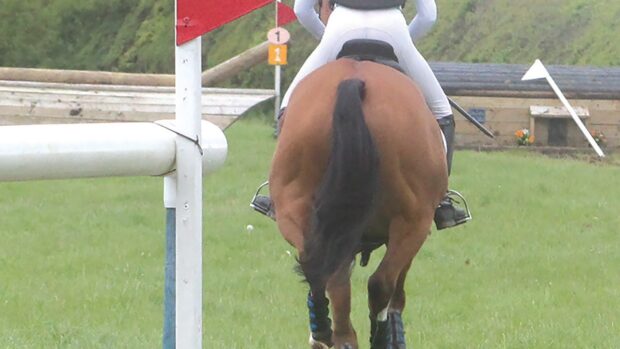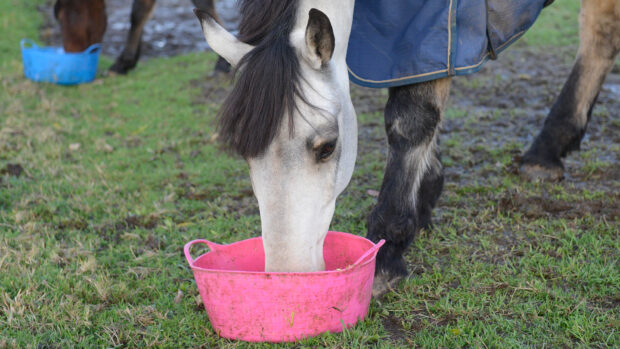More awareness around minor traumatic brain injuries in children is needed, including the importance of rest and not dismissing the condition as “just a bit of concussion”.
A published study has suggested that persistent post-concussion syndrome (PPCS) – when concussion symptoms continue beyond the expected recovery period after the injury – is underdiagnosed in children. Parents of 205 children aged eight to 15, who attended hospital after a mild traumatic brain injury six months to three years before the research, completed a survey used to measure the severity of symptoms. It was found that 25% were suffering from PPCS, which had not been previously diagnosed. PPCS symptoms can include headaches, difficulty concentrating and irritability.
Shai Efrati of the Sagol Center for Hyperbaric Medicine and Research in Israel, who led the work, told H&H PPCS in children is often missed and symptoms can be blamed on behavioural or mental health issues.
“It means we are not looking for PPCS in children. In adults, we seek the cause for cognitive decline, but in children they are told they have a mood problem,” said Dr Efrati.
Dr Efrati said children need to be given more time to recover after concussion.
“We need more awareness that after a mild traumatic brain injury, you are more at risk of developing PPCS. I would like more screening when a child is discharged from hospital with concussion; they should be re-evaluated a month later to make sure their symptoms have resolved and if not, they should receive treatment.”
Major trauma consultant Diane Fisher, the British Equestrian Trade Association’s chief medical officer, told H&H she believes language around concussion needs to change.
“People say, ‘It’s just a bit of concussion’ and we need to remove the word ‘just’. Concussion is a traumatic brain injury – and changing the wording changes how a parent is going to view that injury,” said Dr Fisher, adding that children should rest, without screen time.
“Watching television is one of the worst things you can do – for the brain it’s like running a marathon. While recovering, you want the brain not to have to function very hard,” she said.
The Pony Club’s concussion guidance includes a flowchart and a rule that following a concussion diagnosis, a child must not ride for three weeks.
Pony Club chief executive Marcus Capel, who is part of the British Equestrian concussion (BEF) working group, told H&H there are plans for more concussion education in the Pony Club, and the BEF working group is producing a pocket guide – similar to those used in rugby – which will include guidance for children.
“Sometimes a parent might want the child to get back on after a fall, but we want to empower coaches to use our guidance and say, ‘In my opinion, they shouldn’t get back on and I want them to get checked by a doctor,’” said Mr Capel.
“We also want to empower riders so they learn when it’s right not to get back on, and to be able to say if they’re not feeling OK.”
In November BETA launched a rider accident reporting form to collect information, which is hoped will inform design of safety equipment. The form is available online or via a QR code and asks people to provide details of any accident that they were involved in, and, if possible, supply images or video of the helmet and/or body protector worn at the time. The form can be completed here.
“We want all injuries reported even if it’s a case of ripping a fingernail off – we want everything. Then we will have our own database across every single horse sport and we can look at what is actually happening, right now we don’t know because equestrians are not the best at going to hospital,” said Dr Fisher.
You might also be interested in:

Riders urged to report injuries to help improve sport’s safety

Equestrian world to benefit from major new push in understanding sporting concussions

Subscribe to Horse & Hound magazine today – and enjoy unlimited website access all year round
Horse & Hound magazine, out every Thursday, is packed with all the latest news and reports, as well as interviews, specials, nostalgia, vet and training advice. Find how you can enjoy the magazine delivered to your door every week, plus options to upgrade your subscription to access our online service that brings you breaking news and reports as well as other benefits.




